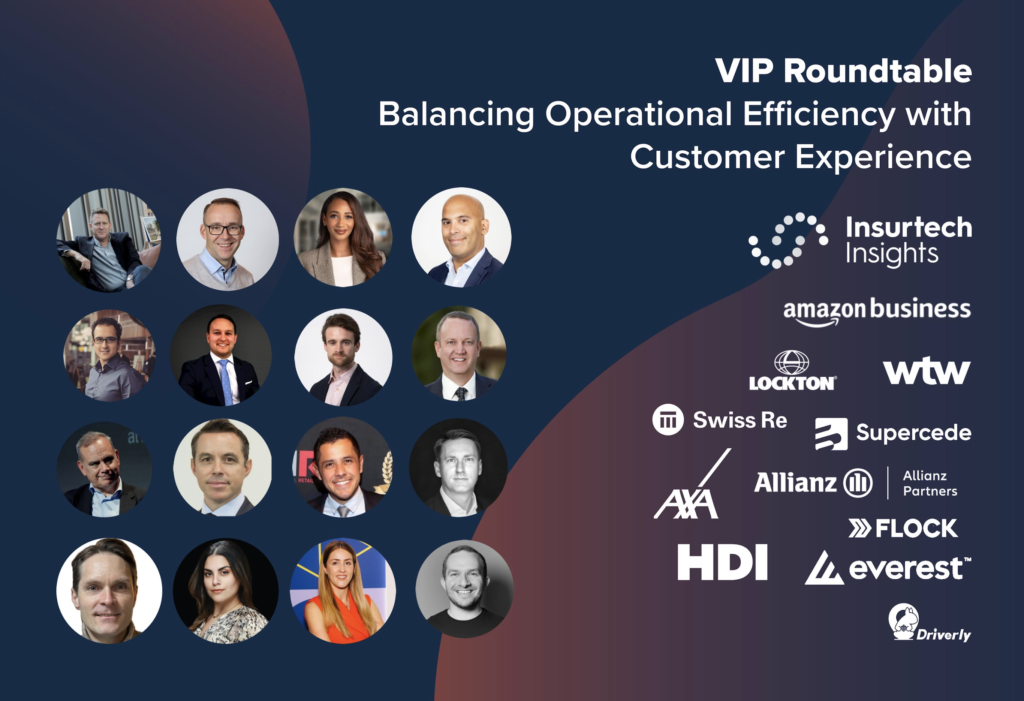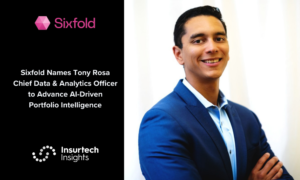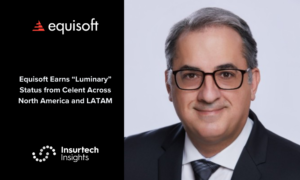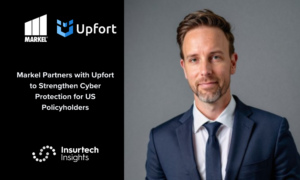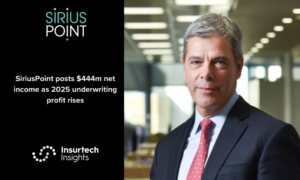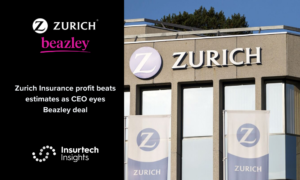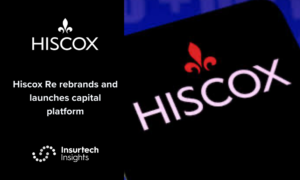Given this session was a Chatham House rules based event we will not be referring to anyone’s specific views, but there was a lot of alignment in the discussion and all of it well worth summarising anonymously here.
And I need to make it clear that to ensure this debate was representative of a broad industry perspective we were lucky enough to have reinsurers, insurers, distributors, service providers and Insuretechs. And we also had people from across the discipline spectrum. From digital evangelists owning transformative change to actuaries trying to change the way risk is understood, managed and propositioned.
Spoiler alert: as the article title infers I am going to tell you up front that there doesn’t appear to be many reasons to see these two things as a trade off, but there are some exceptions. Experience gains can and often should create efficiency gains and vice versa. However, it was also made clear that there are reasons why it is still made into a trade off in insurers by default anyway!
First off, everyone in the room started by expressing a clear need for the pace of change to increase, however it was also made clear that this needs to be achieved with “practitioners” who need to be more directly involved in change through new working models that drive behavior change and far deeper collaboration. Citing a need for less “defensiveness”, better vision, alongside a need for leadership & general stakeholders to align better.
Not an uncommon start to discussions in our industry, but perhaps more vehemently expressed than even I am used to.
And when probing this further the group unpacked a need for processes to evolve, data usage to mature and people to move away from “legacy mindsets” or thinking. And a general need for holistic change across the whole enterprise.
And around this early stage of our one hour thirty minute discussion the group also shared the view that experience gains absolutely can equal efficiency gains and the other way around too.
Having said this, immediately the group provided some examples of when there are trade offs between efficiency and experience in insurers.
And these were viewed as an all too often a bi-product of cross-divisional needs clashing, “old” KPIs for success driving efficiency lead agendas, a general misunderstanding of what’s possible, and a lack of “customer representation” or a general over-weighted need to drive revenue & profits short term!
This lead to deeper discussions on the need to shift insurers from policy focused to customer focused, and the idea that transformation or new technology adoption is far too “cost lead”. Making business cases for change naturally all about taking out cost, and this in turn being interpreted as “job loss”. With all of this leading to a lack of focus on growth, new value creation and subsequently better experiences!
Answers then quickly started to emerge on ways forward.
There’s an inherent optimism in insurance, and these industry leaders were no different.
The general feelings were that we can develop more balanced “score cards” for success, we can shift mindsets to learn fast fail never approaches, we can move away from pilot purgatory by creating better frames for success early on and that we can ultimately move away from short term gains (only) towards more long term systemic outcomes.
And when this subject moved to AI, as it all too often does, there were strong views on making sure this “freed human capital”. With many making it clear that AI isn’t “magic” it needs a lot of ecosystem changes, other technologies and importantly changes to data to power its future.
It was also made clear that while probabilistic or linguistic focused tooling (GenAI) provides a lot of theoretical benefits, that instead focusing on “automation” could still provide far more value gain in insurance.
And there are clear concerns about how we make predictive technologies more deterministic, particularly in light of what is likely viable in terms of regulation, legal & risk and / or moral & ethical considerations.
And all of this discussion then centered back to the idea that we need to make data management different.
That we need new models that make data more usable (operational rather than just analytical), and more reliable and more feasible use in experiences (permissions, personalisation and new propositions) in order to make any “intelligent orchestration” work.
However, many also cited the potential for evolution over revolution, but that this then intensifies the need for far better vision or “imagination” to be applied. Adding that “we might not know exactly what the future is – but we need to ensure we can adapt ever faster.”.
And when we started to narrow this conversation further there were a lot more views expressed on how we start to bring through the change needed, and how we fuse operational efficiency gains with better employee and customer experiences:
Multi-disciplined teams, with much higher degrees of collaboration, communication and unity.
Much stronger eduction across people and teams on what’s possible with new technologies and thinking, and how these new paradigms can be derived.
A need to “democratise” the value each person can bring, and what’s in it for them in transformation or change.
More people in “execution”, and a need to remove misalignment between execs and people “on the ground”.
And importantly a need to understand that people can feel threatened, and they need to be clear on the “real motivations” for insurers to change, and what opportunities this could bring them.
Overall this was one of the better sessions I’ve moderated, and the respect, knowledge and general calibre of those in the room was to be admired.
What is clear to me from this discussion is that we need a new vision for insurance across all verticals.
We need to find much better ways of engaging people in change, recognizing that the working model needs to change first, and that we use this to then evolve rapidly.
And most importantly of all that we have the best asset of all in insurance – smart, respectful and dedicated people – our greatest asset is definitely not GWP!
My thanks to Insurtech Insights for making this session happen, but most of all to those who participated.

